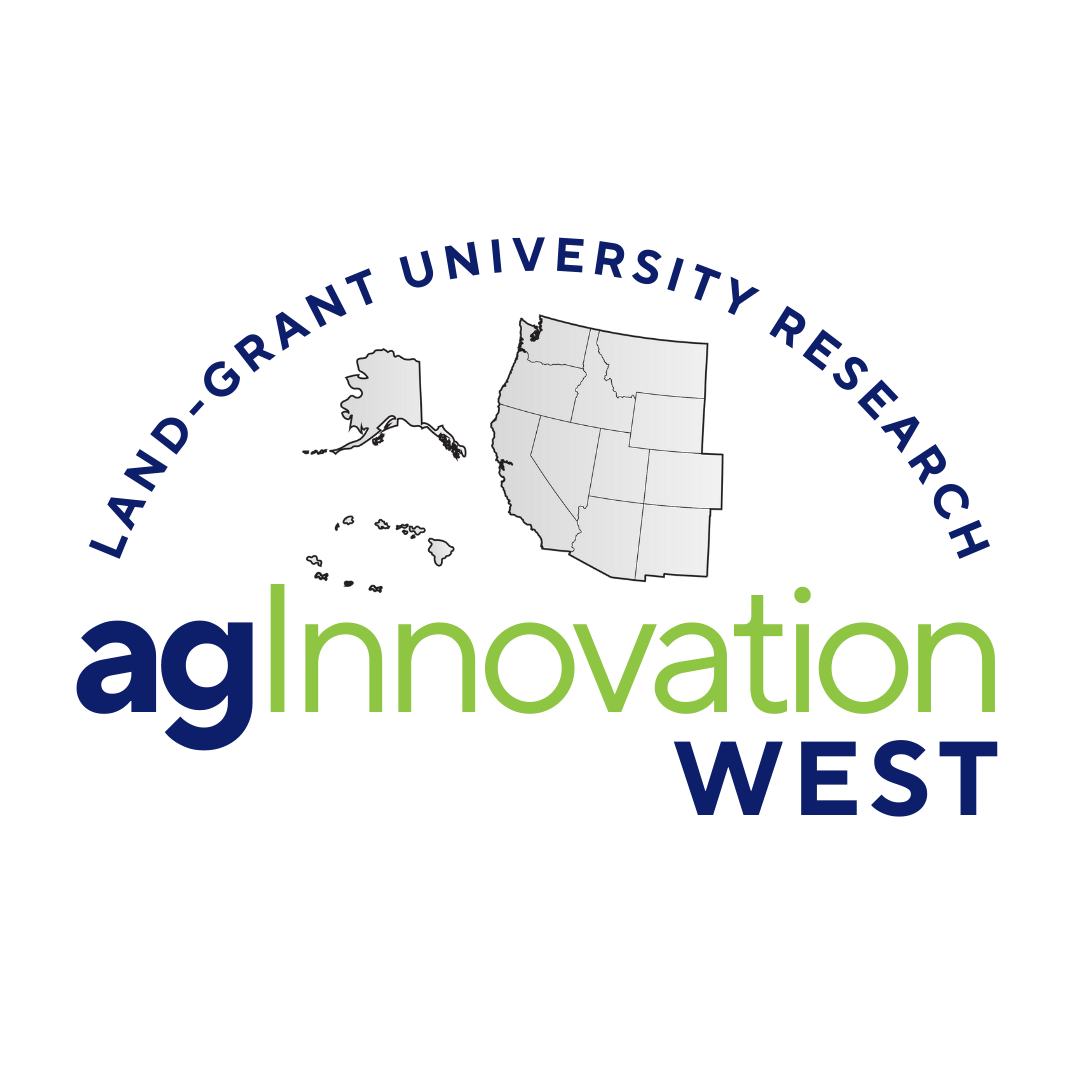
W525: Evaluation of Outcomes-Driven, Aspirational Goals to Achieve National Food Security
(Rapid Response to Emerging Issue Activity)
Status: Active
W525: Evaluation of Outcomes-Driven, Aspirational Goals to Achieve National Food Security
Duration: 10/01/2025 to 09/30/2027
Administrative Advisor(s):
NIFA Reps:
Non-Technical Summary
Achieving national food security requires strategic investment in Land-Grant University (LGU) research, education, and Extension. Experts will refine the aspirational goal: “Produce 95% of our food domestically, increase local/regional farm net incomes by 20%, and reduce food waste by 50%.” This goal will guide future investments in agricultural and food sciences.
Statement of Issues and Justification
The U.S. faces declining public investment in agricultural research, threatening food security and global competitiveness. LGUs are uniquely positioned to lead innovation through integrated research, education, and Extension missions. A 10-year platform with bold goals and science outcomes has been developed to address these challenges.
A Rapid Response Multistate Committee will:
- Validate and/or revise the aspirational goal.
- Evaluate and recommend science strategies.
- Develop materials to demonstrate public value and return on investment.
Types of Activities
- Virtual meetings to review goals, strategies, and ROI.
- Utilize shared files for feedback and materials.
Objectives
-
Promote innovation across the agricultural continuum and advance strategies for regionally focused agriculture.
-
Enhance sustainability by conducting cost-benefit, life cycle, environmental impact, and social cost-benefit analyses to assess improvements in local, regional, national, and international food systems and implement the results.
-
Reduce waste by repurposing agricultural byproducts, extending product shelf life, implementing sustainable packaging, and educating stakeholders to minimize waste from field to retailer, thereby enhancing food security.
-
Adapt to change by developing and deploying technologies and innovations that address environmental shifts and the evolving agricultural labor force.
-
Identify innovative agronomic practices that enhance nitrogen use efficiency, soil fertility, structure, and resilience, while deepening our understanding of soil composition and processes.
-
Reduce barriers to collaboration among farmers, land managers, communities, researchers, and policymakers to increase engagement and accelerate the adoption of grassroots innovations for adaptation and resilience.
-
Develop infrastructure and response plans to improve the resiliency of rural and urban communities.
-
Apply gene-editing techniques to create climate-resilient crops and livestock (e.g., improved water use efficiency, drought tolerance, heat tolerance), and develop feeds to reduce methane emissions from livestock.
-
Promote water-efficient, flood- and drought-resilient agricultural systems by advancing best practices, tools, and Extension programs for improving crop and livestock productivity and water conservation, reuse, and quality.
-
Collaborate with communities and public officials to develop strategies addressing water accessibility challenges.
Expected Outputs, Outcomes and/or Impacts
- Strategic investment in agricultural and food sciences.
- Training the next generation of agricultural professionals.